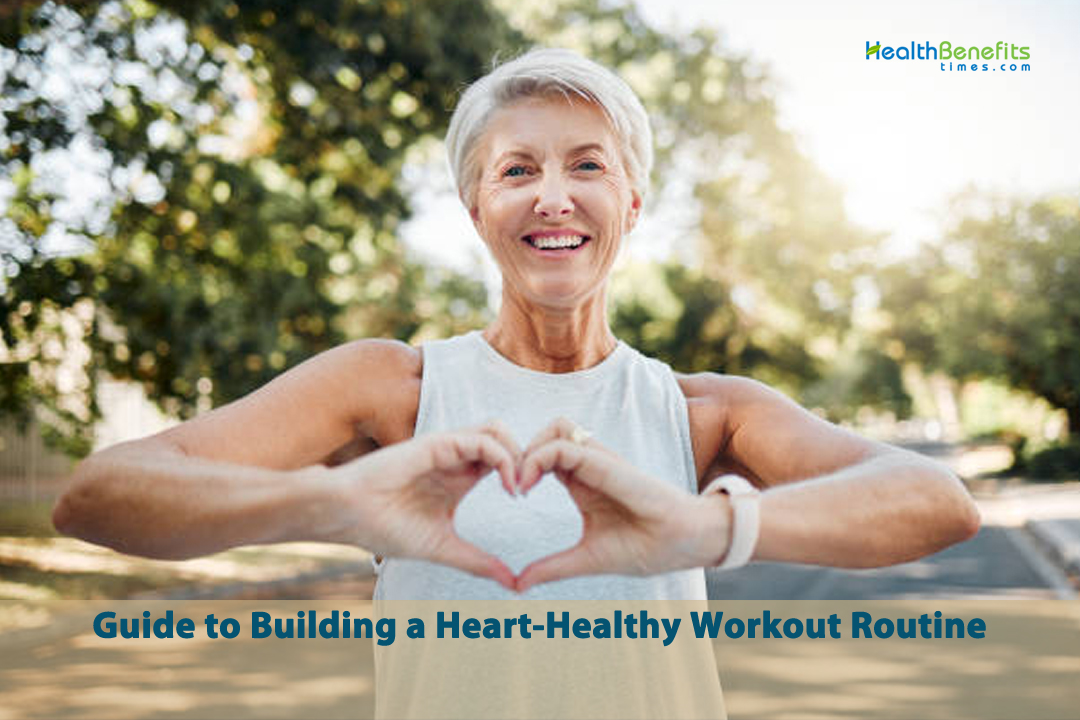
Regular physical activity is essential for maintaining good heart health. Just 15 minutes a day or 90 minutes a week of exercise can have a positive impact on your cardiovascular system. Any physical activity that gets your heart pumping is beneficial, whether it’s walking, jogging, dancing, or swimming. Gradually increasing the duration and intensity of your workouts is the key to reaping the rewards of regular exercise. Aim to build up to at least 30 minutes of moderate physical activity most days of the week by engaging in aerobic exercises that leave you feeling warm and slightly breathless.
Incorporating easy household chores, like walking to the store instead of driving, mowing the lawn, or dancing around the living room, can also help increase daily physical activity levels. Doing exercise in 10-minute chunks spread out over the course of the day is a great alternative for those who can’t commit to a 30-minute workout. Combining strength training and aerobic exercise can have even greater benefits for heart health. At least two strength-training sessions per week, lasting at least 30 minutes each, can help improve blood flow and lower blood pressure.
Encouraging children to stay active for at least an hour every day can also help ensure their hearts remain healthy in the future. Games like tag, soccer, and cycling are fun ways to keep kids moving. Finally, matching your workout to your favorite beats can boost your stamina by up to 20% and make your workouts more enjoyable. Don’t let fear stop you from exercising, as scientific studies have shown that doing aerobic exercise can speed up the healing process and help strengthen the heart muscle. Always talk to your doctor before starting a new workout plan and build up your routine slowly to avoid any risks.
Physical Activity
Improving heart health is a top priority for many people, and incorporating physical activity into your daily routine is an excellent way to achieve this goal. It doesn’t take much to get started, just 15 minutes a day or 90 minutes a week of exercise is enough to make a positive impact. Whether you choose to walk, jog, dance, or swim, any physical activity that gets your heart pumping is beneficial. Remember, every little bit counts, so don’t worry about the intensity at first. However, to truly reap the rewards of regular exercise, it’s best to gradually increase the duration and intensity of your workouts. Aim to build up to at least 30 minutes of moderate physical activity most days of the week by engaging in aerobic exercises that leave you feeling warm and slightly breathless. Your heart will thank you for it!
Easy Household Chores
Going to the gym or going for a long run are not the only ways to get exercise. There are many easy ways to get some exercise every day. For example, why not walk quickly to the store instead of driving? In the same way, you could get off the bus one stop early and walk the rest of the way, or you could mow the lawn. You can also turn up the music and dance around the living room for some fun cardio.
But here’s the thing: you don’t need to exercise for 30 minutes at a time. Instead, try doing it in 10-minute chunks spread out over the course of the day if that makes it easier for you. And if you’re looking for other ways to get more exercise every day, try some surprising tips like cooking dinner instead of ordering takeout, unloading the washing machine or stacking the dishwasher during commercial breaks, or parking further away from your destination to get a longer walk. You can also get more steps by standing up to answer the phone and walking around while on a call. And if you want to push yourself even more, plan a walk on the weekend with someone who is faster and fit than you. Last, try writing notes or lists while standing up so you can stretch your legs often. Remember that even small amounts of activity add up to better health.
Combining Strength Training and Aerobics

Workouts that build muscle strength, like lifting weights, can do more than just help you get stronger. According to research published in the Journal of Strength and Conditioning, this kind of exercise can be just as good for your heart as traditional aerobic exercise. Not only does it improve blood flow, but it also lowers blood pressure in a big way and for a long time. In addition to your regular aerobic workouts, you should do at least two strength-training sessions per week that last at least 30 minutes each. This will help you get the best results. Before you start a strength-training program, you should talk to your doctor. This is especially important if you have a heart condition. Strength training has so many benefits that there’s no reason not to do it as part of your fitness routine.
Encourage Children to Get Moving
As a parent, one of the most important things you can do is make sure your kids’ hearts are healthy for the future. Keeping them active is a key part of doing this. Researchers in Sweden looked at a group of 11-year-olds and found that those who were less active were more likely to have heart problems as adults. So, it’s important to make sure your kids are active for at least an hour every day, and there are lots of fun things they can do. Tag, soccer, and cycling are just a few examples of games that can get your kids moving and have fun at the same time. To make it even more fun, invite their friends to join in. Research shows that kids who have a lot of friends are more likely to participate in physical activities. By doing these things, you will not only improve your children’s health now, but you will also set them up for a healthier future.
Run to the Rhythm
Are you sick of having to work hard to keep up with your fitness routine? Well, what if I told you there was a simple trick that could give you up to 20% more stamina? Recent research says that all you have to do is match your workout to your favorite beats. Yes, you can get more cardiovascular benefits from running or working out to the beat of your favorite music. This will not only help you reach your fitness goals faster, but it will also make your workouts more fun. So, why not give it a try and let your favorite sounds boost your workout?
Aerobics for Heart Health
People who have had a heart attack often don’t want to exercise because they’re afraid it could cause another attack. But scientific studies have shown that doing aerobic exercise can speed up the healing process. Also, working your bigger muscle groups can help your heart muscle get stronger. Think about adding things to your schedule like brisk walking, swimming, or gardening. Before starting a new workout plan, it’s always a good idea to talk to your cardiologist or doctor and build up your routine slowly to avoid any risks. Don’t let fear stop you from taking steps to make your heart stronger and healthier.

